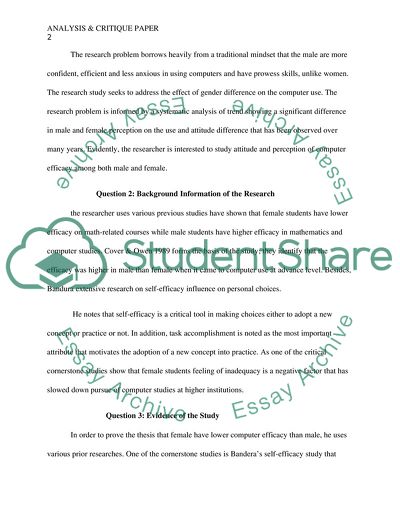Cite this document
(Analysis of Gender Differences in Self-Efficacy and Attitudes Toward Research Paper, n.d.)
Analysis of Gender Differences in Self-Efficacy and Attitudes Toward Research Paper. https://studentshare.org/gender-sexual-studies/1844025-analysis-and-critique-guide
Analysis of Gender Differences in Self-Efficacy and Attitudes Toward Research Paper. https://studentshare.org/gender-sexual-studies/1844025-analysis-and-critique-guide
(Analysis of Gender Differences in Self-Efficacy and Attitudes Toward Research Paper)
Analysis of Gender Differences in Self-Efficacy and Attitudes Toward Research Paper. https://studentshare.org/gender-sexual-studies/1844025-analysis-and-critique-guide.
Analysis of Gender Differences in Self-Efficacy and Attitudes Toward Research Paper. https://studentshare.org/gender-sexual-studies/1844025-analysis-and-critique-guide.
“Analysis of Gender Differences in Self-Efficacy and Attitudes Toward Research Paper”. https://studentshare.org/gender-sexual-studies/1844025-analysis-and-critique-guide.


